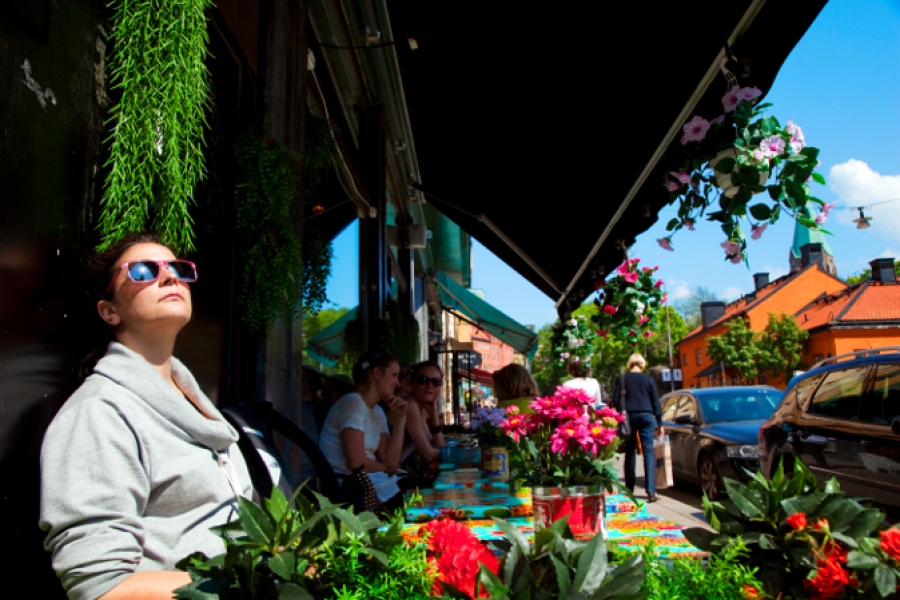Tallinn studies European Green Capital experience of Stockholm and Copenhagen

Representatives of Tallinn have visited Stockholm and Copenhagen with the support of the Nordic-Baltic Mobility Programme for Public Administration to learn about their success stories and experience as European Green Capitals.
Their first visit in February 2014 took them to Stockholm, which was the European Green Capital (EGC) in 2010. Specialists from the Tallinn Environment Department received valuable advice about preparing the EGC application and organising the events of the EGC year. They also visited Stockholm’s new environmentally friendly residential district Hammarby Sjöstad, which played an important role in Stockholm winning the EGC title.
The congestion charge established in Stockholm, the use of green information technology and telecommunications, energy savings and the use of green energy were also highlighted during the assessment.
The visit to this year’s European Green Capital, Copenhagen, took place in May. Meetings with the leaders of the Danish capital’s EGC project and environment specialists were held during the visit. The visit included a tour of the Copenhagen Cleantech Cluster, which unites green technology stakeholders and seeks to resolve environmental problems in cooperation with companies, universities and public organisations.
Environmentally friendly mobility is one of the biggest achievements of Copenhagen which also brought it the EGC title. Also, 55% of energy consumed in the city comes from renewable sources. Copenhagen’s ambitious goal is to become CO2-neutral by 2025 and to become the first environmentally certified capital in the world.
The Nordic-Baltic Mobility Programme for Public Administration supports the study visits, work placement trips and network meetings of officials and other public sector workers, thereby contributing to cooperation between the Nordic countries and Baltic States at the level of ministries, regional offices and local governments. Grants are issued to projects which involve partners from at least three NB8 countries. The programme will cover up to 60% of a project’s travel and accommodation costs and daily allowances in 2015. The next call for proposals opens in early 2015 with a deadline of 30 March.



